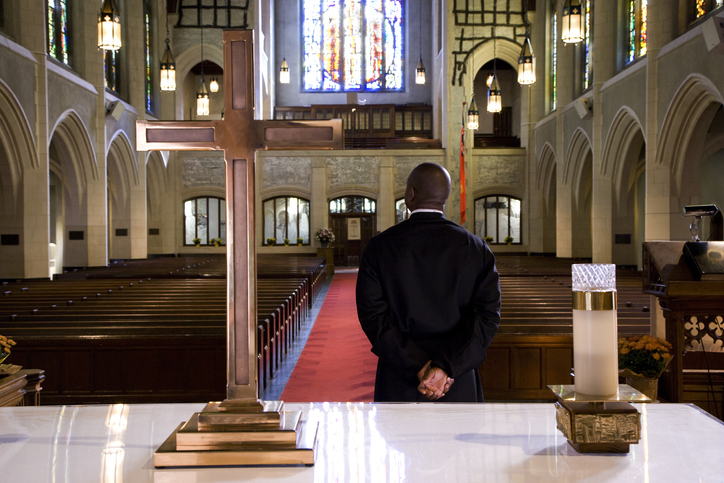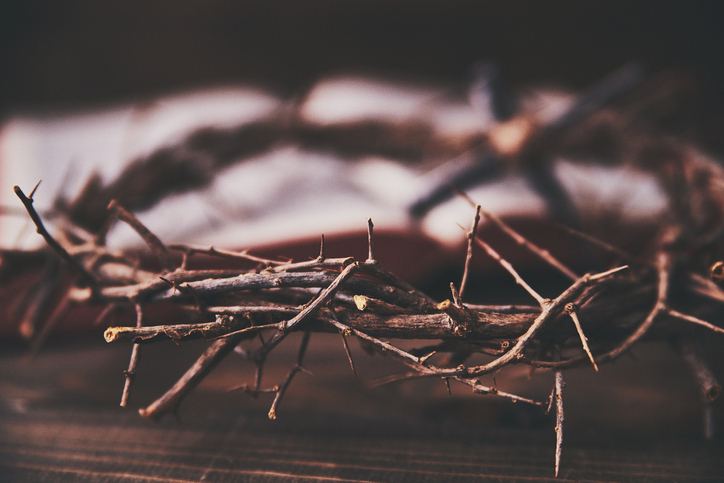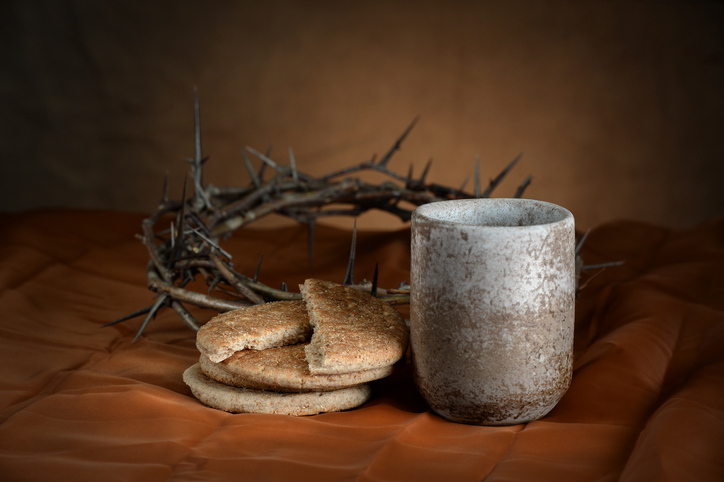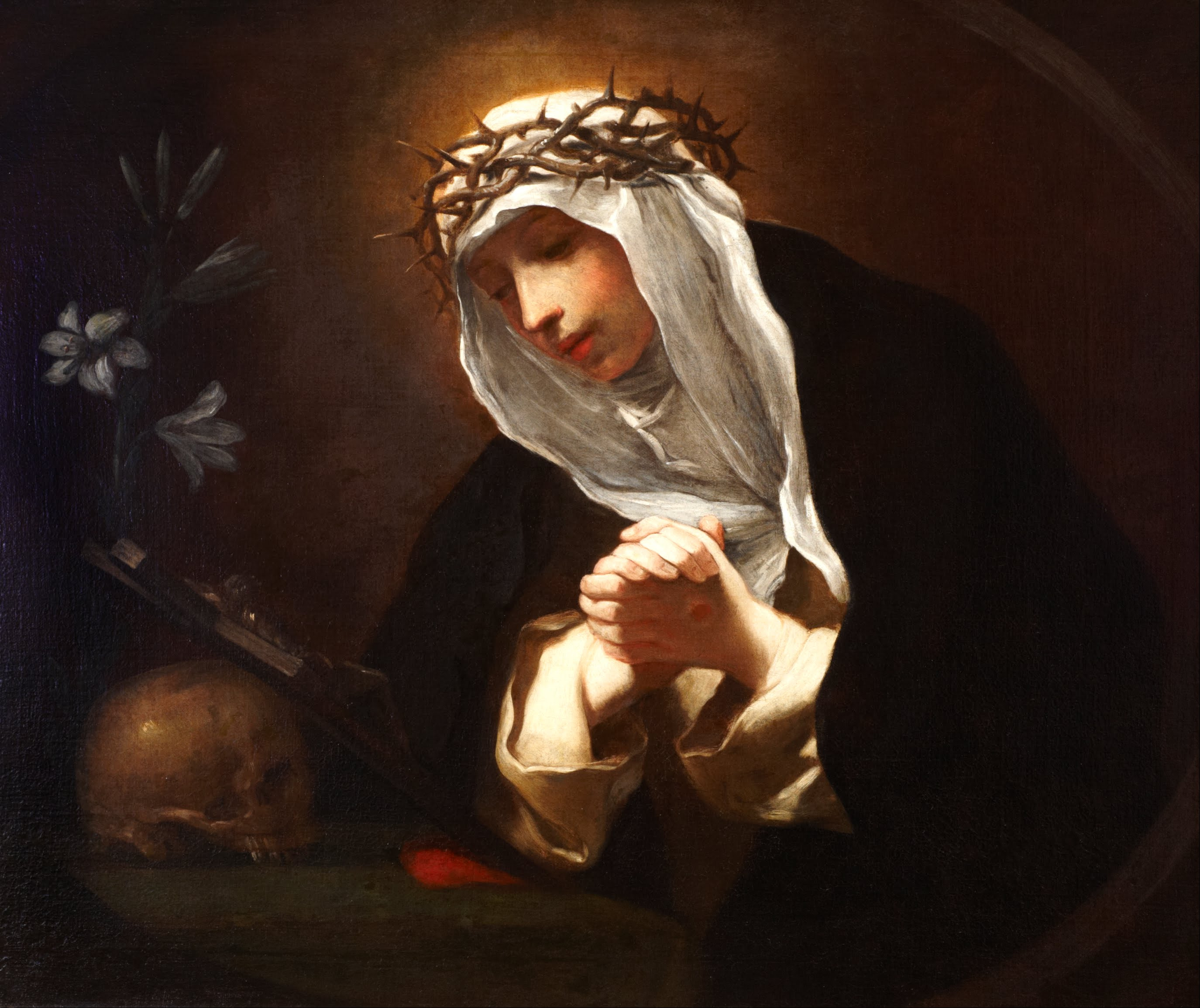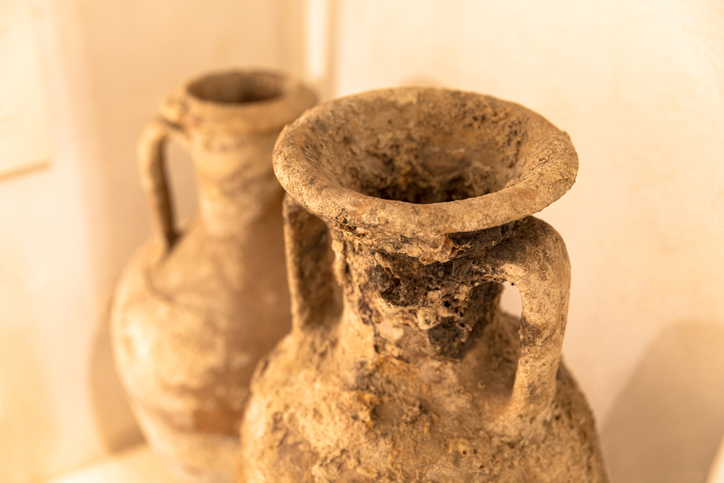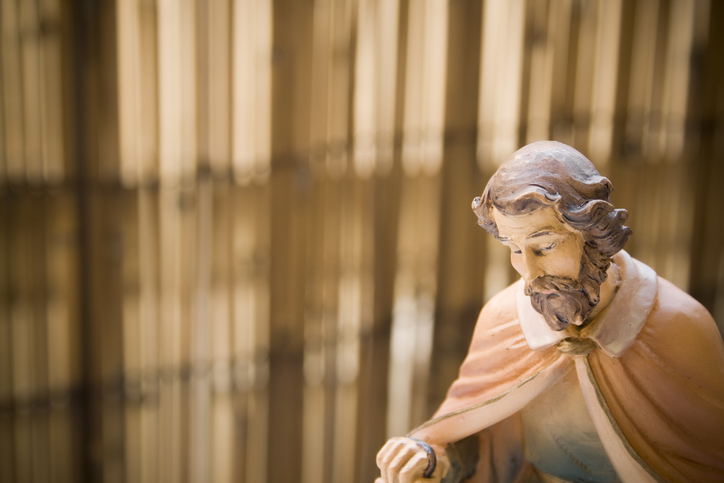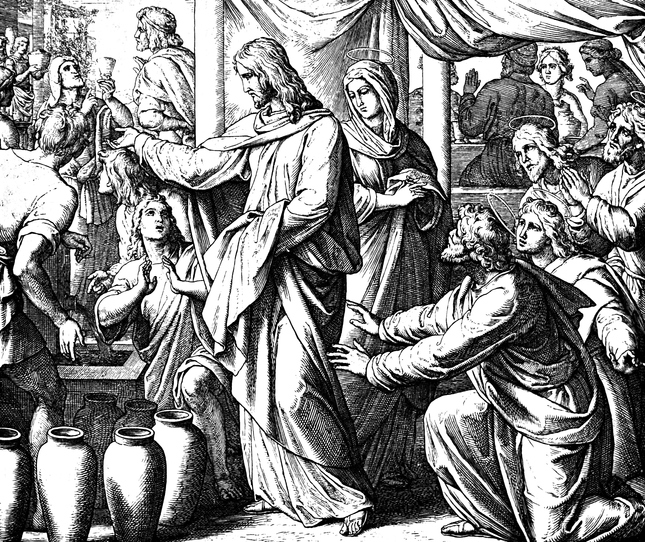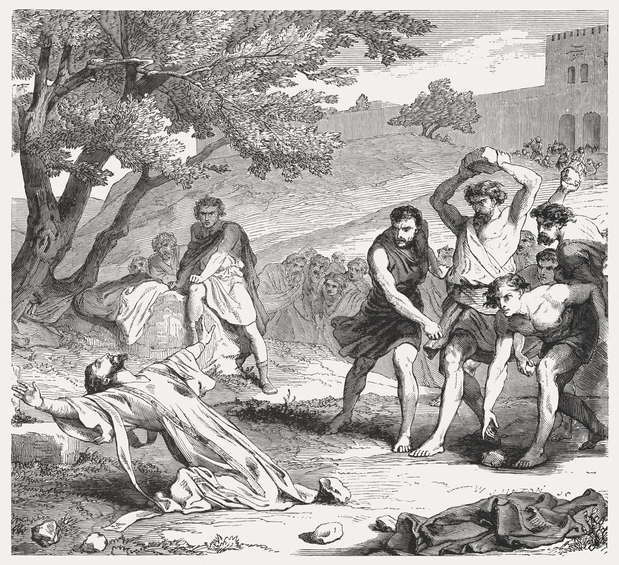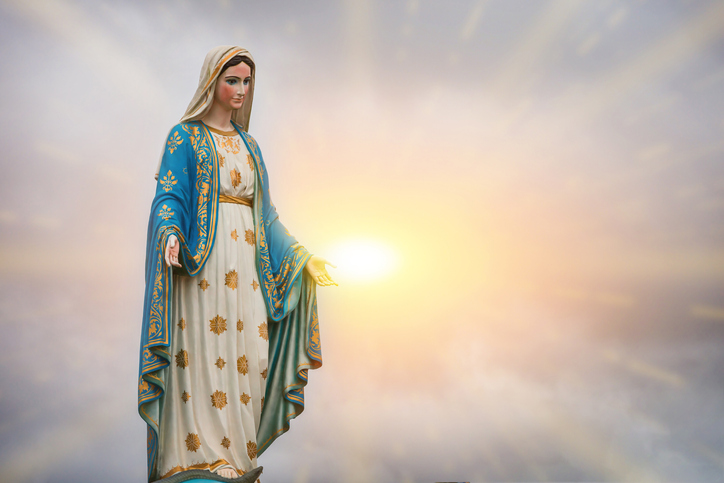Today’s gospel recounts the final moments before Jesus’ arrest in John’s gospel. He offered up his approaching crucifixion and pleads God the Father for the preservation of his disciples. In the next chapter, Peter will deny him and rock the very newly formed priesthood mere hours after it was created.
We are currently in the midst of ordination season. Men in diocese across the world are anointed by their bishops, prostrated before the altar and take the vows of celibacy and obedience. It’s an incredible, grace-filled mass with tradition that began with the ministry of Christ and passed down through the apostles and bishops.
They spend years in seminary in prayer and preparation for this moment. While it is the end of their time as seminarians, it is the beginning of one of the most beautiful, difficult lives a man can live.
The devil hates priests. Not only do they minister to the people of God, but they bring Christ in the flesh to them through the Eucharist. Masses cannot be celebrated without priests; sins are not forgiven in the confessional without priests in persona Christi.
Because of this, we need to pray for our parish priests. The spiritual attacks that they must endure can only be overcome by means of the grace of God. We should be regularly praying and fasting for our priests. Pope Francis is always asking the faithful to pray for him because he knows that without prayer, he would fail as our shepherd.
The priesthood was made by a perfect God for imperfect men. Jesus knew that and it’s why he was praying so fervently for his newly ordained disciples leading up to his arrest. All of them fled but one. The priesthood seemed to have failed in its first moments of existence.
But by the blood of Christ and the grace of the Holy Spirit, it survived and continues to despite the attacks on the order of the priesthood today.
Gracious and loving God, we thank you for the gift of our priests.
Through them, we experience your presence in the sacraments.
Help our priests to be strong in their vocation.
Set their souls on fire with love for your people.
Grant them the wisdom, understanding, and strength they need to follow in the footsteps of Jesus.
Inspire them with the vision of your Kingdom.
Give them the words they need to spread the Gospel.
Allow them to experience joy in their ministry.
Help them to become instruments of your divine grace.
We ask this through Jesus Christ, who lives and reigns as our Eternal Priest. Amen.
(From the USCCB http://www.usccb.org/prayer-and-worship/prayers-and-devotions/prayers/prayer-for-priests.cfm)

Hannah Crites is a native to Denver Colorado and graduate of the Franciscan University of Steubenville. She has written for numerous publications and blogs including the Chastity Project, Washington Times, Faith & Culture: The Journal of the Augustine Institute, and Franciscan Magazine. She is currently working in content and digital marketing for a small web development and digital marketing agency. Connect with her through Twitter (@hannah_crites) and Facebook. Check out more of what she has written at https://hannhcrites.com/.
